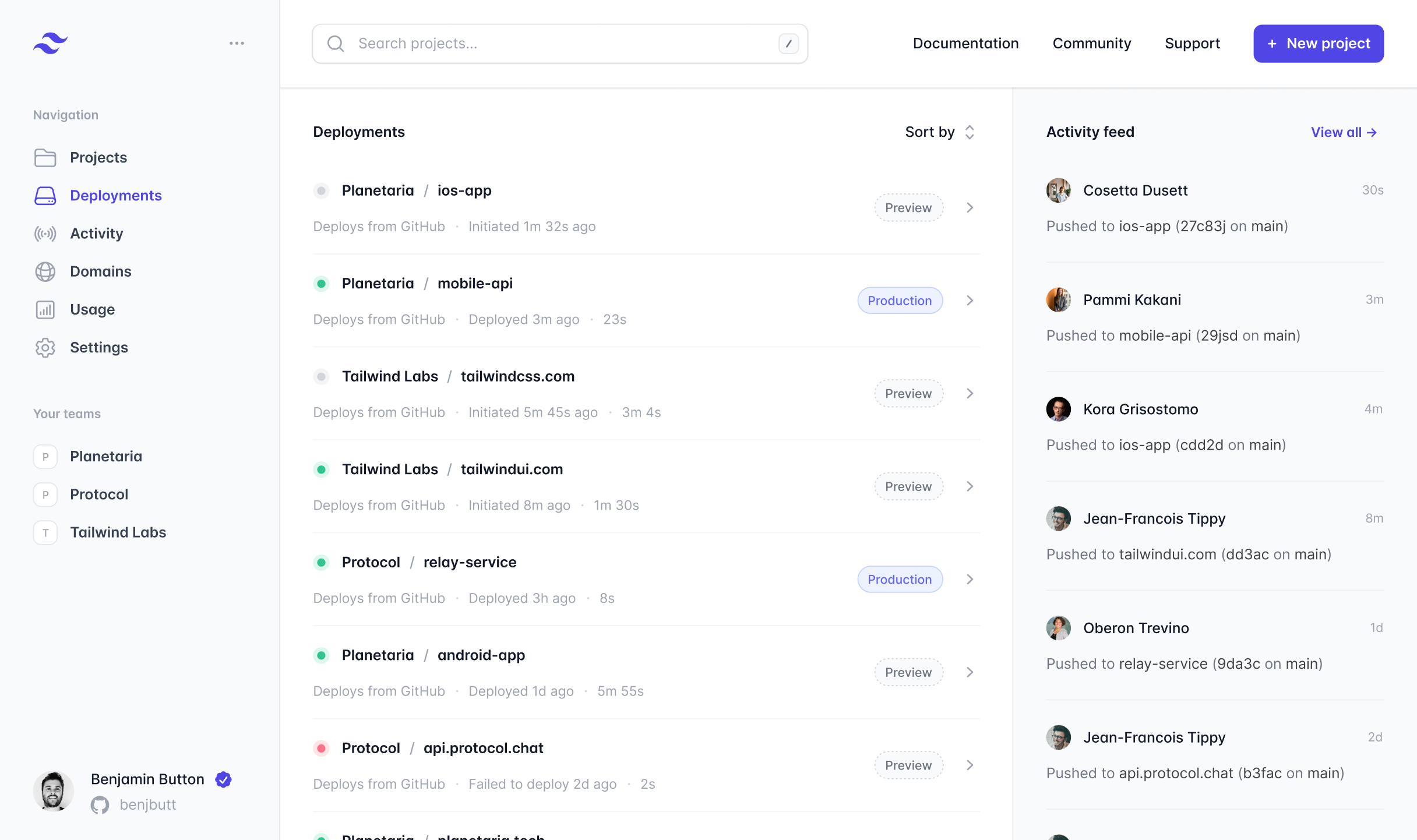Ase Community Senate Committee | Presentation Bill C-22
About Bill C-22
Bill C-22 is an act to reduce poverty and to support the financial security of persons with disabilities by establishing the Canada disability benefit and making a consequential amendment to the Income Tax Act.
CLICK HERE FOR MORE INFORMATION ABOUT BILL C-22The Ase Community's Senate Committee Presentation | Bill C-22
On Thursday, March 30, 2023, the Ase Community Foundation for Black Canadians has been invited by the Standing Senate Committee on Social Affairs, Science and Technology to appear as part of its study of Bill C-22.
It is crucial that any bill, policy, regulation, or program designed to support persons with disabilities actively includes those of us with intersectional experiences and addresses the unique challenges faced by individuals who face multiple forms of marginalization from the get go. One way to achieve this is to amend Bill C-22 to name and prioritize Black Canadians with disabilities.
SUPPORT AND WATCH OUR FULL TESTIMONYOpening Senate Statement
Prepared and Presented by The Ase Community
Thank you for the opportunity to present before this committee. I am Jheanelle Anderson, Vice Chair of the Ase Community Foundation for Black Canadians with Disabilities. I am joined by Nkem Ogbonna, Manager of Research and Policy, and Bernard Akuoko, Director of Partnerships. We are here today to speak to Bill C-22, the Canada Disability Benefit Act as Black-disabled Canadians and representatives from the Ase Community.
The ASE Community Foundation for Black Canadians with Disabilities is a national organization grounded in the principles of disability justice and led by Black people with disabilities. Our mission is to work collectively with institutions, researchers, service providers, and individuals to drive a cultural shift that disrupts disparities at the intersection of Blackness, disability, and gender.
Bill C-22 is a critical step towards reducing poverty and increasing financial security for persons with disabilities in Canada by providing a framework for addressing some of the disparities that exist. However, without explicitly naming the barriers faced by the most marginalized Canadians with disabilities, we miss an important opportunity to create long-lasting solutions for reducing poverty.
As outlined in the Ase Community’s 2019 report “The Intersection of Blackness and Disability: A Call to Action”, among the most vulnerable, marginalized, and invalidated communities across the nation are Black Canadians with Disabilities. We know disability and poverty are inextricably linked and also that poverty is heavily racialized. Due to structural and systemic anti-Black racism, and ableism, Black people with disabilities have fewer job and career development opportunities than non-Black people and as of 2019, 23.9% of Black Canadians were living in poverty.
Experiencing poverty means you're more likely to work in precarious jobs without benefits which further elevate life stressors, exasperate health conditions, and increase barriers when accessing life-saving resources and benefits.
To address these unique barriers, it is crucial that any bill, policy, regulation, or program designed to support persons with disabilities actively includes those of us with intersectional experiences from the get-go. Amending Bill C-22 is an opportunity to exemplify responsive and equitable leadership and truly realize the spirit of Bill C-22 and “Nothing without us”.
We first propose a more clearly defined eligibility criteria, written anti-discrimination measures, and allocated funding to cover costs associated with accessing benefits to ensure that individuals with disabilities who face additional barriers, such as poverty, discrimination, and lack of access to resources are prioritized. We know that many in our community might have a disability but might not have an official diagnosis or access to a primary care doctor to complete eligibility forms.
Next, we are calling for the development of a comprehensive knowledge mobilization strategy led by Black, Indigenous, and racialized people with disabilities that includes education, training, and outreach strategies that build trust, increase awareness and disability literacy, and support individuals in accessing this benefit. This work includes partnering with and specifically allocating funding to Black-led, disability-led organizations.
Additionally, this Bill should include accountability measures and community-based evaluations that embed an equitable lens and intersectional approach to collecting and analyzing disaggregated race-based data. There must be a commitment to ensuring that the data is purposefully collected and not used to over-surveil communities that have been historically excluded. We know that with the principle of universalism, everyone will benefit from this equitable and inclusive approach.
Lastly, moving forward, we also must ensure that Black Canadians with disabilities are included in decision-making. This means moving beyond hosting community consultations, to a written commitment to an engagement model that engages us as co-designers and subject experts in the development, implementation, AND evaluation of bills, programs, and policies.
In conclusion, we urge this committee to support Bill C-22 with amendments raised today, by David Lepofsky, and MS Society that prioritize the livelihood of Black Canadians with disabilities. In our efforts to reduce poverty and increase financial security, we must ensure that Black Canadians with disabilities who are most at risk of poverty, are not left behind as a regulatory afterthought.
We have an opportunity to make a real difference in the lives of Black Canadians with disabilities. Let us seize this opportunity and work together to build a more equitable and inclusive Canada for all. Thank you all and a special thank you Senator Wanda Bernard connecting us to this space.
Opening Statement
Ase Community Foundation for Black Canadians with Disabilities
Presented to: Standing Senate Committee on Social Affairs, Science and Technology
Study: Bill C-22, An Act to reduce poverty and to support the financial security of persons with disabilities by establishing the Canada disability benefit and making a consequential amendment to the Income Tax Act
Date: March 30, 2023
Time: 12:30 PM - 1:30 PM (EST)
Presented by:
Jheanelle Anderson, RSW, MSW
Vice-Chair and Founding Member
Ase Community Foundation for Black Canadians with Disabilities
Witnesses:
Jheanelle Anderson, RSW, MSW
Vice-Chair and Founding Member
Ase Community Foundation for Black Canadians with Disabilities
Bernard Akuoko
Director, Partnerships
Ase Community Foundation for Black Canadians with Disabilities
Additional Resources
Third Reading of the BillLinks to past meetings at SOCI
Carla Qualtrough and Krista Wilcox
David Lepofsky
MS Society Second reading of Bill C-22, Canada Disability Benefit Bill
ARCH Disability Law
AODA Alliance
Daily Bread
Casey House
Kids Brain Health
Income Security
MS Society
About Us
Emerging Area: Blackness/disability

Research centring the unique experiences of Black people with disabilities - underrepresented in research and policy in Canada.
At the crux of our research program at ASE is an interdisciplinary, community-engaged research approach to learning from the intersectional experiences of Black Canadians living with disabilities.
We will work to empower our research participants as co-researchers and seek to truly integrate them into all of our research activities.
Identifying Nation-wide Research & Collective Policy Networks
We envision identifying nation-wide research and policy networks/ research projects that also investigate (or may include) the intersectional experiences of being black, living with disabilities, and other identities in Canada.
We aim to host a research national committee and annual research symposium. We encourage like-minded researchers, Black Canadians with disabilities, and passionate students and members to join together to highlight the gaps and intersectional experience of Black Canadians.
The Community Needs
Research Statement
Research on people with disabilities who identify as Black is an emerging area. At the crux of our research program at ASE is an interdisciplinary, community-engaged research approach to learning from the intersectional experiences of Black Canadians living with disabilities.
We will work to empower our research participants as co-researchers and seek to truly integrate them into all of our research activities.
The Community Needs
Black Canadians with Disability
• In 2017, 1 in 5 Canadians aged 15 years and over had one or more disabilities.
• Despite this large proportion of the population, in Canada there are gaps in
culturally
responsive services for Black people with disabilities.
• The disparities experienced by both Black Canadians and Canadians with disabilities
have
been well documented by federal agencies and community organizations such as The
Wellesley Institute and the Council of Canadians with Disabilities.
• Little is known about the experiences of Black Canadians with disabilities who will
experience disparities in education, employment, and entrepreneurship based on the
intersection of anti-Black racism and ableism.
• The limited inclusion of Black people with disabilities and apparent gaps in services,
programs, and policies demonstrate that the intersectionality of race, gender, and
disability is a critical area for research, service, and collective action. ÀṢẸ
Community Foundation for Black Canadians with Disabilities is determined to identify
these gaps and negated dialogues within the Black Disability community. They demonstrate
the current siloed understanding researchers, policymakers, and service agencies have of
the experiences and needs of Black Canadians with disabilities.
Strategic Goals
Research Hub
Form a centre/an inter-collegial institute that focuses on collecting existing research
from Canadian graduate students who have done extensive independent studies on Black
people with disabilities.
This centre will operate as a place for researchers to ask questions, a place to share
their research findings, a starting place for advocacy work and has the potential to
eventually produce a working paper series.
Build a Network of Practitioners in the Black or Disability Space
Build a network of practitioners within in the Black or disability space who can participate in large quantitative studies/surveys that help inform the approach to support/services.
Awareness and Advocacy
The importance of research and collaborating with other researchers.
Steward Collective Research Grants and Funding
Seeking funding to conduct independent evidence-based research to support policy recommendations.

Canadian Research

ASE RESEARCH
"The Intersection of Blackness and
Disability in Canada. A Brief Overview and Call to Action". provides an audit of
current research, gaps, and recommendations.
Jheanelle Anderson , MSW, RSWV, Senior Policy Analyst ASE Board of Director,
This report came out of a need to acknowledge the gaps in culturally responsive
services for Black Canadians with
disabilities.
The disparities experienced by both Black Canadians and Canadians with
disabilities have been well documented by federal agencies and community
organizations; such as The Wellesley Institute and the Council of Canadians with
Disabilities.



